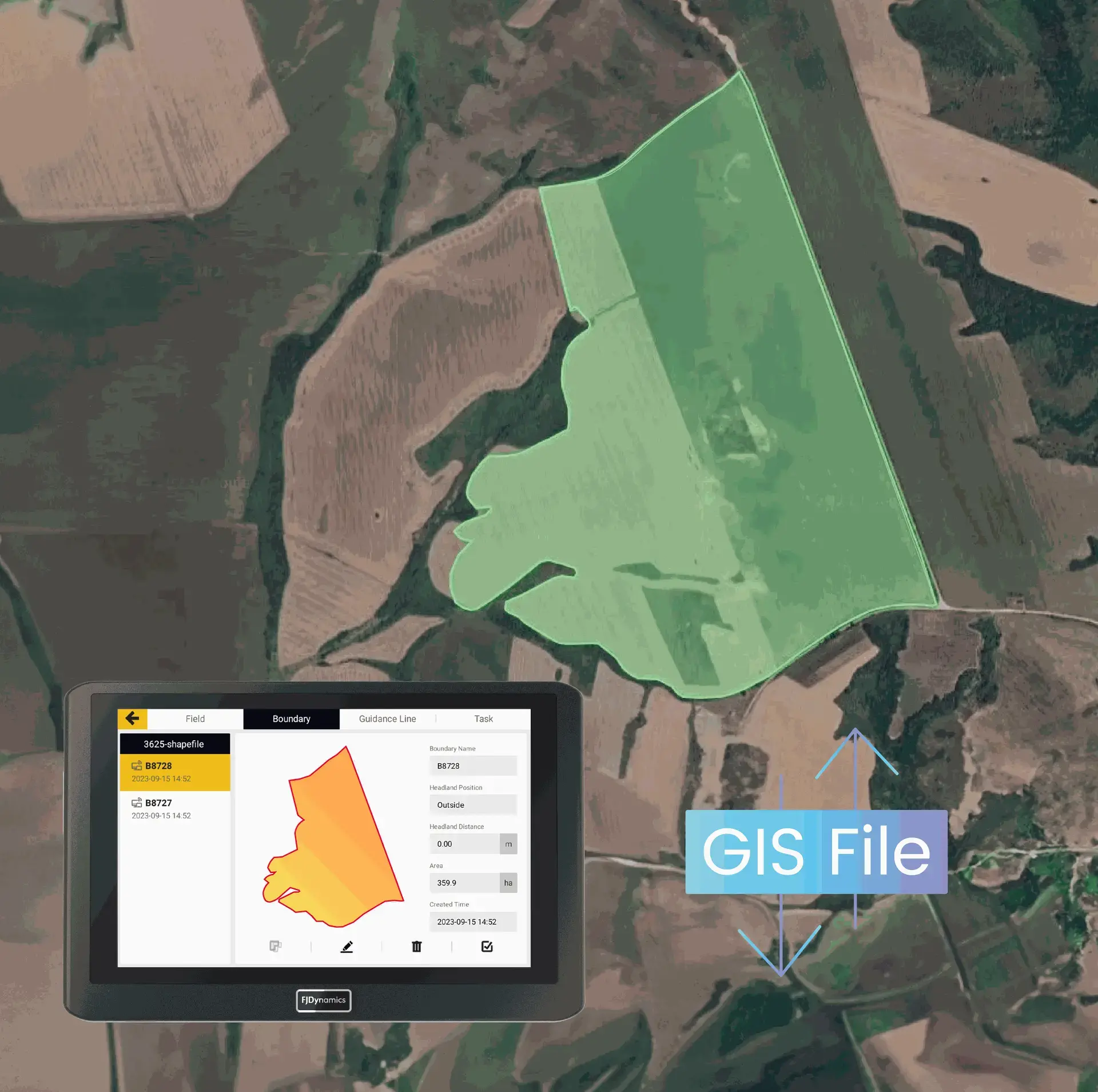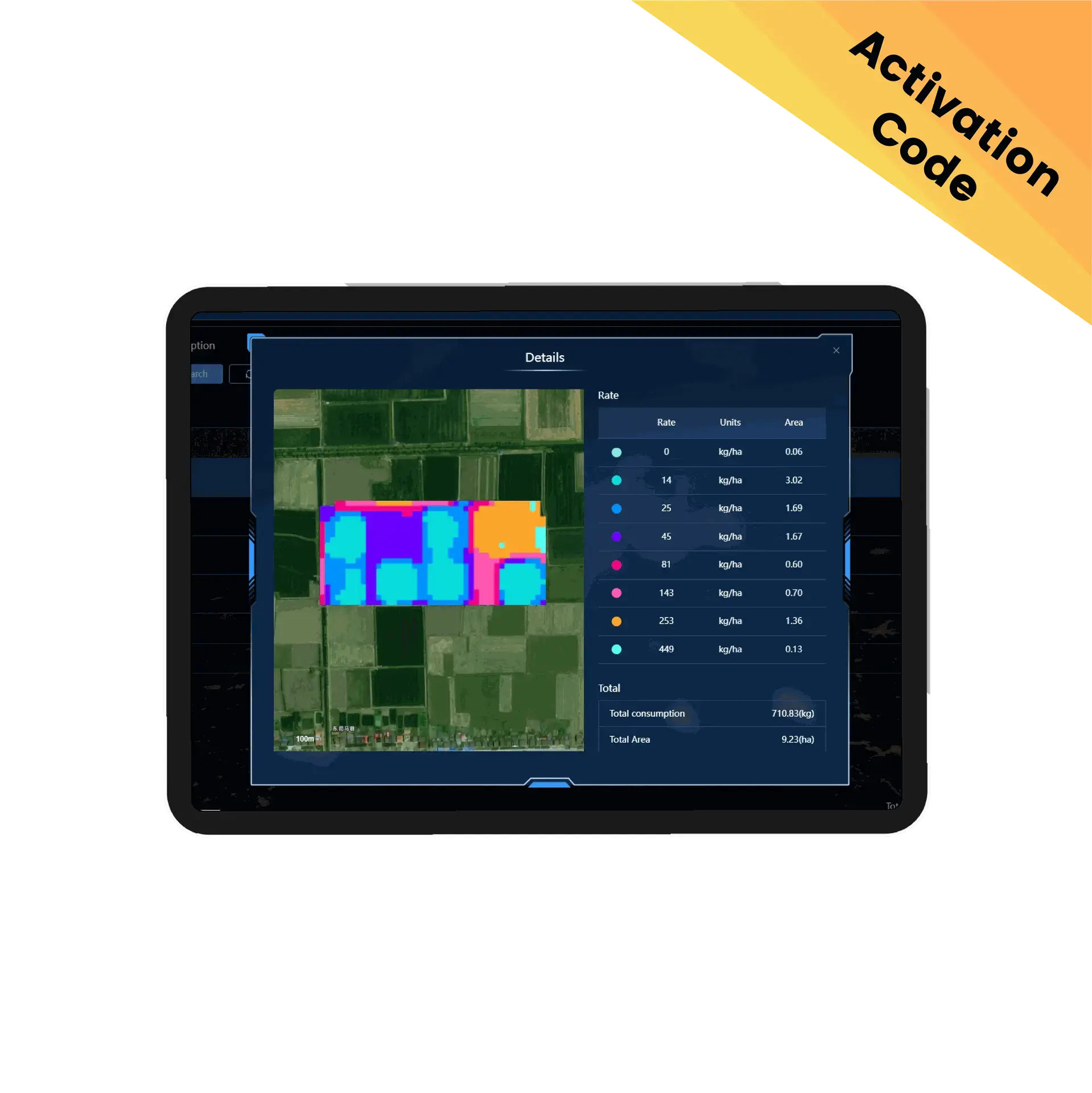Introduction
The modern agricultural industry is undergoing a digital transformation. Farmers are moving away from manual methods and adopting advanced tools that improve efficiency, accuracy, and profitability. At the center of this transformation lies the farm management system. Integrating smart technology into an existing farm management system can streamline daily operations, optimize resources, and ensure sustainable farming practices.

For farmers seeking to upgrade their practices, adopting smart solutions is no longer optional; it is necessary for long-term success. Whether you operate a small farm, a dairy farm, or a large-scale agricultural enterprise, a farm management system can provide the structure needed to manage land, crops, livestock, and machinery with ease.
Buy Now!Understanding a Farm Management System
A farm management system (FMS) is an integrated platform designed to help farmers monitor, analyze, and optimize every aspect of their operations. It functions as a digital command center that brings together data on soil, crops, equipment, labor, and financial performance.
Farmers can use the system to track crop growth stages, monitor field activities, manage farm inventory, and even generate reports for compliance or financial planning. Unlike traditional methods, farm management systems make decision-making faster and more accurate by relying on real-time data rather than guesswork.
Common types of farm management systems include:
Farm crop management system
Farm data management systems
Agriculture farm management system
Farm inventory management system
Farm management system software

Why Integrate Smart Technology?
Upgrading an existing farm management system with smart technology brings multiple advantages:
- Improved accuracy in crop monitoring and yield prediction.
- Real-time visibility into equipment usage and field performance.
- Enhanced decision support system for farm management.
- Optimized labor and resource allocation.
- Increased profitability and reduced operating costs.
For farmers interested in purchasing or upgrading, integrating smart features into their existing system is often more affordable than replacing the entire setup.
Key Benefits of Smart Farm Management Systems
1. Enhanced Data Management
Modern farm information management systems store and process vast amounts of farm data. Farmers can access accurate information on soil conditions, crop performance, and weather predictions. This makes farm management information systems highly valuable for both small farms and large agribusinesses.
2. Better Decision Support
A decision support system for farm management helps farmers plan seeding, fertilization, and irrigation. By analyzing data patterns, the system suggests the best strategies to maximize yields while minimizing waste.
3. Real-Time Equipment Monitoring
With smart technology, farmers can monitor tractors, harvesters, and irrigation systems in real-time. An online farm management system provides alerts and reports to reduce downtime and maintenance costs.
4. Streamlined Farm Inventory
A farm inventory management system allows farmers to track seeds, fertilizers, chemicals, and spare parts. Having accurate inventory records ensures that farmers always have the resources they need without overspending.
How to Integrate Smart Technology into Your Farm Management System
Step 1: Assess Your Current System
Before upgrading, evaluate your existing farm management information system. Identify what works well and what features are missing. Some farms may only need farm management system software updates, while others may benefit from new hardware such as sensors or GNSS guidance systems.
Step 2: Add Smart Sensors and IoT Devices
Sensors can collect data on soil moisture, weather, and crop growth. When integrated with your farm management system, this data is processed and displayed in user-friendly dashboards, giving farmers better insights into field conditions.
Step 3: Upgrade to Smart Auto-Steering Solutions
Integrating machinery with an advanced farming management system enhances precision during planting, fertilization, and harvesting. Automated steering reduces manual labor and ensures better field coverage, which improves yield outcomes.
Step 4: Utilize Cloud-Based Platforms
An online farm management system enables remote collaboration and decision-making. Cloud technology allows farmers and operators to access farm data from anywhere, facilitating faster responses to unexpected changes.
Step 5: Leverage Data Analytics and Reporting
Farm data management systems analyze historical and real-time data, generating reports for operational efficiency. These insights help farmers adjust strategies to improve productivity and profitability.
Features of a Modern Farm Management Information System
- Remote collaborative management center for large farms
- Real-time equipment monitoring system for tractors and harvesters
- Intelligent job analysis platform to track task efficiency
- Customized agricultural solutions tailored to farm needs
With these features, farm management information systems serve as the backbone of digital agriculture.
Choosing the Right Farm Management System for Your Needs
When exploring options for sale, farmers should look for:
- Ease of integration with existing equipment
- Flexibility in managing different crops or livestock
- Comprehensive farm management system software with reporting tools
- Support for both online and offline access
- Scalability for future growth
Many C-end users now prefer modular systems where they can purchase specific licenses such as farm management activation or auto-drive licenses for machinery. This allows farmers to control costs while still upgrading their operations.
Why Smart Farming Management Systems are the Future
Sustainability is becoming a major concern in global agriculture. Farm management information systems help reduce chemical usage, minimize fuel consumption, and optimize irrigation. These systems not only save costs but also support eco-friendly practices, making farms more sustainable in the long run.
The combination of data-driven insights, automated equipment, and inventory control ensures that farmers can remain competitive in an increasingly demanding market.
Conclusion
Integrating smart technology into your existing farm management system is one of the most effective ways to modernize agricultural operations. From data-driven decision-making to real-time equipment monitoring, a farming management system provides everything a farmer needs to improve efficiency, reduce costs, and increase profitability.
Whether you are looking for a farm crop management system, an agriculture farm management system, or farm management system software for sale, upgrading your tools ensures long-term success. For farmers ready to take the next step, adopting a comprehensive farm management information system is not just an investment—it is a strategic advantage for the future.
May You Like
Check out what's new in our company !